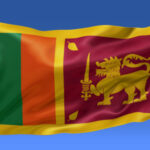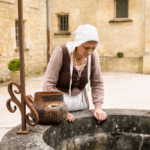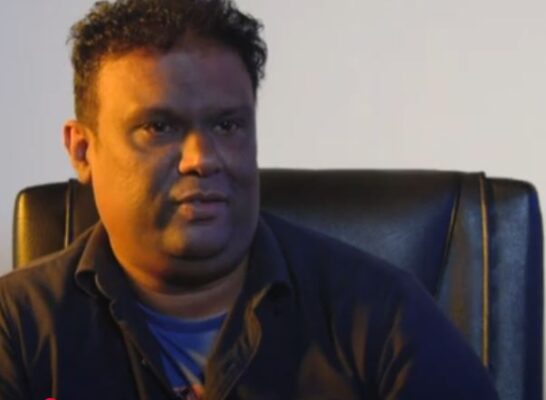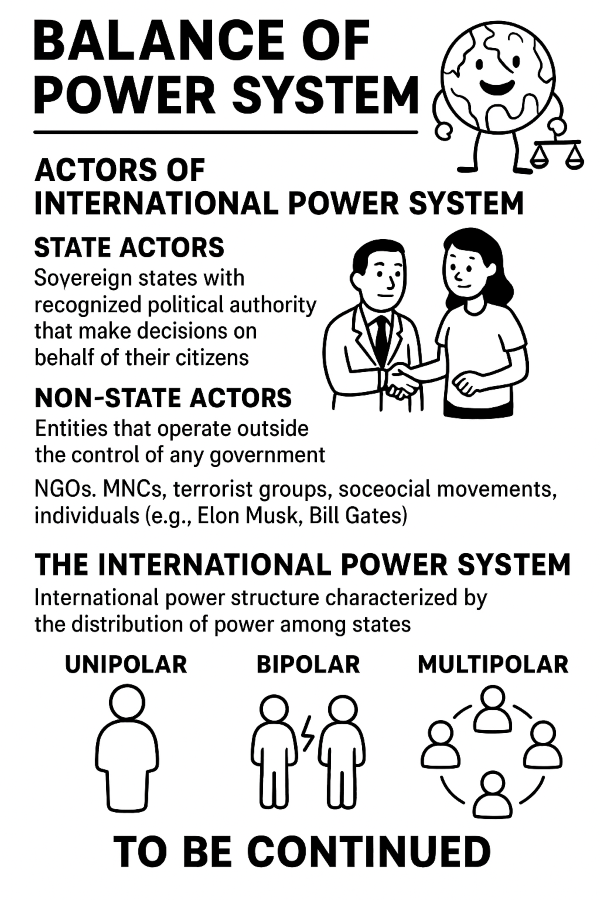Paddy Brendon ” a short story from “Rainbows in Braille” – A collection of short stories – By Elmo Jayawardena

 He represented Sri Lanka
He represented Sri Lanka
It wasn’t much of a farewell. Dingiri Manika would have preferred him to remain at home.
“We could manage,” she attempted to say in a faint protest.
“Manike,” Podi Banda reasoned. “It is a reasonable job. We need the money and we have none.”
That was weeks ago. The matter came up a few more times, hurtful conversations when the children were not around, at times even pleading. Dingiri Manika was afraid.
“I will be safe Manike; I will only be cooking.”
He laughed too, but then, Podi Banda always laughed, even when they went hungry to feed the two boys.
“Sanath Jayasuriya bats for Sri Lanka.”
“Susanthika runs for Sri Lanka.”
“Lasith Malinga bowls for Sri Lanka.”
“Podi Banda will cook for Sri Lanka,” he proclaimed as he laughed loud.
The meal was the best they have had in a long time, the best they could remember; string hoppers with pol-mallun mixed with dry kooni – little shrimps that gave a heavenly taste to the string hopper/pol-mallun menu. They all ate their fill, Dingiri Manike too.
There was a big moon outside soft-walking in a midnight blue sky, swaddling everything with a silver shawl. Podi Banda sat on his wooden stool while the children and the mother nestled on the cement step in front of the house. They listened to the evening in the pale light of the moon, crickets doing their shrieks and the leaves shaking in the Kottamba tree as the bats flew in and out for their evening meal.
“When I was a child I used to think the moon was the wife of the sun,” Podi Banda told his children, “so gentle and so soft, like my Dingiri Manike.”
“But not as beautiful,” he laughed nodding his head, his eyes swaying to the blushing woman.
The children listened, as they always did. Their father’s tenderness and the mother’s love, that’s all they’ve ever had to fill their little hut, so lovingly shared.
Podi Banda left the next day, following the same path as many other fathers and husbands had done before him from the time this planet got inhabited and men started quarreling with each other. He went away not because he wanted to, but because he had to. Like the ones before him, he too trudged with a sad heart and concealed sighs, taking the same unsure steps and leaving loved ones behind who stood in silence and watched. They simply didn’t know where he was heading or why he was going.
That is how Podi Banda too went to play his pitiful role in the war of separation; of the land and its people. Plans had been made to take the attack to the enemy. Two decades of deaths ignited more hatred than what was imaginable. There may have been other reasons too, for the war to go on. Such never filtered out, not to the likes of Podi Banda.
He joined the army as a temporary cook, to be stationed somewhere in the north, close to Kilinochchi, to play a small part in the team that fed the soldiers.
They had a letter from him. The boys read it to their mother, a father’s thoughts written on an exercise-book page, torn at the edges, scrawled by pencil, a second-hand message through a fellow soldier, or maybe by another cook who knew how to write.
Said he woke before the sun and worked the whole day and dropped down wasted on to a mat, to repeat the same act with another dawn. Seven times became a week and thirty times became a month, a few of those too passed. Same dawn, same day, and the same wasted fall on to a mat.
There was a lighter side too, the letter mentioned. The Camp Commander was a Captain called Weeratunge.
“Big Boss Weere, that’s what they called him in the camp,” Podi Banda’s letter said. “He is a tough man who does his job well,” it added.
“He always cared for the people he commanded.”
“Podi Banda,” the Big Boss had called him one day.
“In the military we cannot have Podi Bandas,” he said genially. “You must have a military name; you will not be Podi Banda anymore. You will be Paddy Brendon.”
That’s how the name got coined, Private Paddy Brendon of the kitchen.
In the last part of the letter Paddy Brendon said he heard gunfire too, distant and seldom, like the soft boom-boom of a beat-less muffled drum.
Then it all changed.
Paddy Brendon got shot in a skirmish. Nobody told the family how it happened. They just informed Dingiri Manike that he was dead.
The whole camp was over-run by the enemy. None survived; another war, another battle and yet another of the innocent expendables dead.
Private Paddy Brendon probably died among his pots and pans. His Captain died too, everyone in the camp died.
Paddy Brendon didn’t get a posthumous promotion. He was only a temporary cook, Paddy Brendon in death couldn’t be up-graded to head-cook. He was just Private Paddy Brendon of the kitchen.
Months passed. People seldom remember the ones who died, or the ones who have been left behind who are almost dead. It’s their war, their deaths and their toil and grind.
It’s not that people want to forget, it’s just that they never knew or wanted to know.
Dingiri Manika does her best to look after her two sons. Sometimes she tells them about their father, how he often laughed and how he went to war representing Sri Lanka to cook for those who fought.
Sometimes she tells them how kind he was.
Dingiri Manika hides her hurt from the children and cries when they are not present. The little one often asks about the father and the mother has no answers. The elder one understands the absurdity and stays silent.
Often they talk of him and repeat his stories; like the one about the moon being the wife of the sun. And they sit on the doorstep too when the nights get bathed with moonlight and watch the bats coming to dine at the Kottamba tree while the crickets pierce the silence shrieking their protest.
At such times they miss him most, their beloved Podi Banda, Private Paddy Brendon of the army kitchen who went to cook for the soldiers.
Mini Glossary
Pol Mallun – a dish with scraped coconuts























